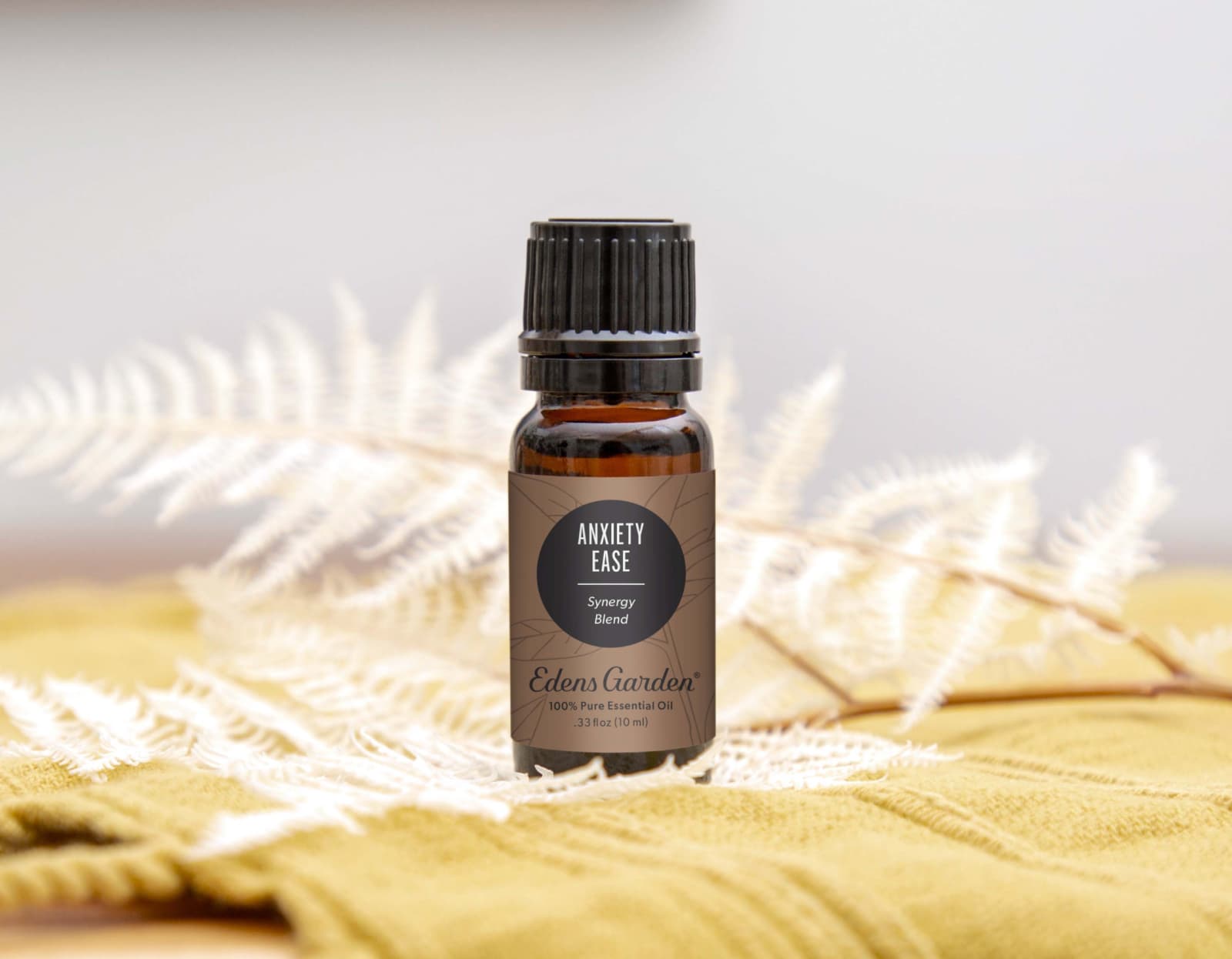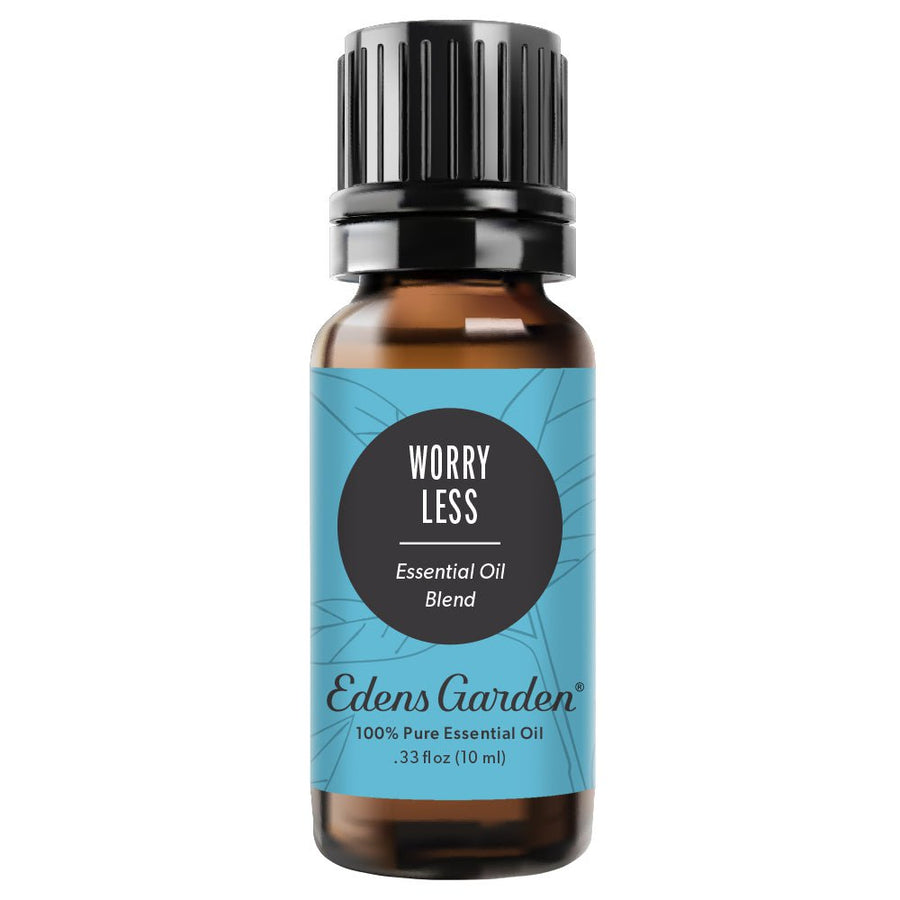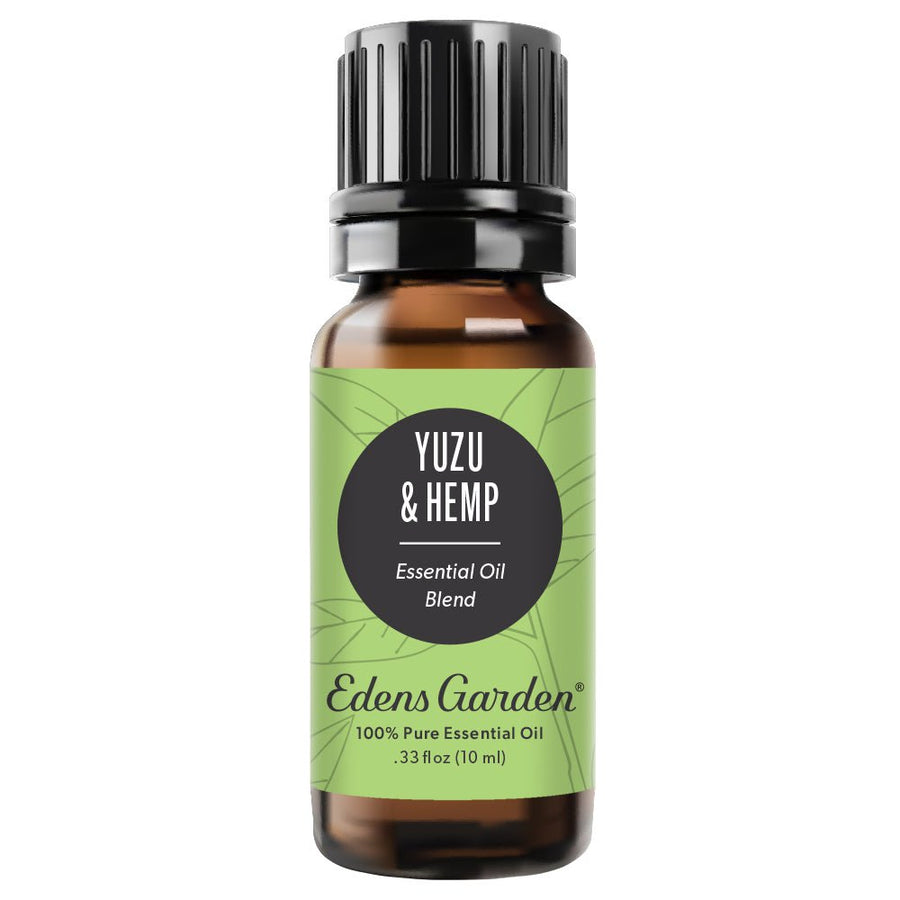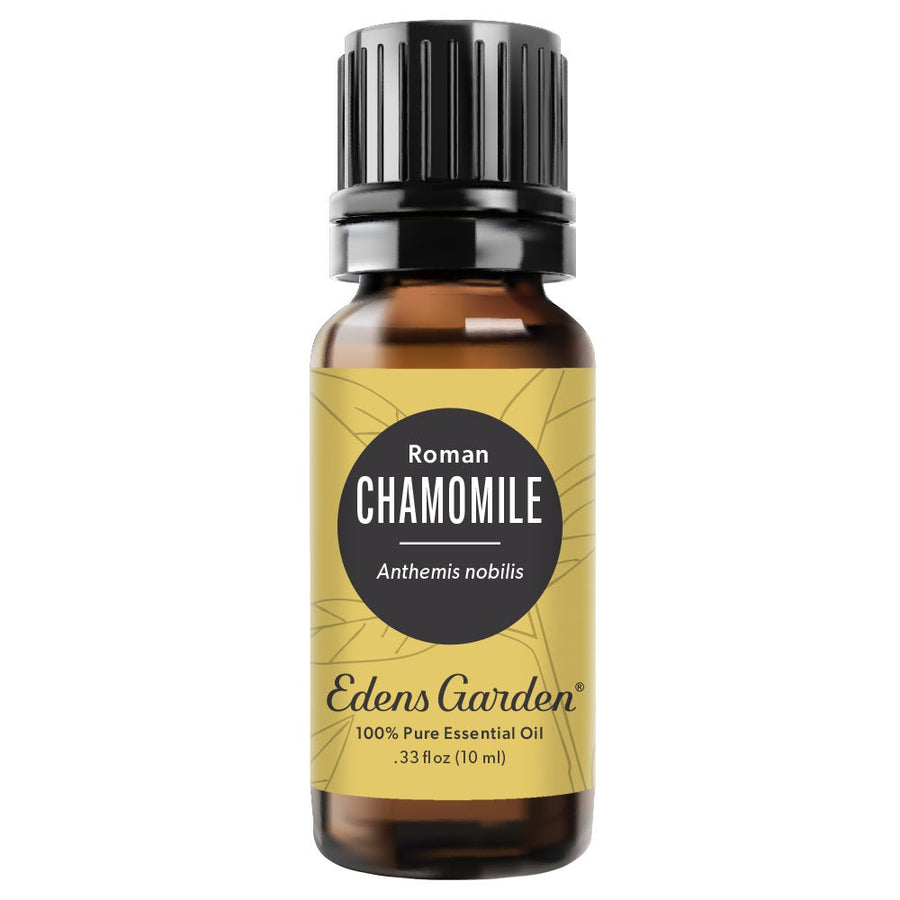Can I Use Essential Oils To Prepare Or Recover From Surgery? Ask An Aromatherapist

Trepidation, excitement, stress, joy…These are all feelings that major medical procedures like surgery can produce. If you’re currently preparing for an upcoming surgery or undergoing surgery recovery from a recent procedure, you may be looking for tools to help prepare yourself or get better faster.
From calming nerves pre-op to assisting with healing post-op, essential oils may be able to help. There are also a few safety precautions to keep in mind when using essential oils around the time of surgery. Read on to see what our aromatherapy experts have to say.
Can I Use Essential Oils To Prepare Or Recover From Surgery?
Studies have shown that certain essential oils can both benefit and hinder surgery. Here’s what you need to know.
Reducing Stress & Anxiety
No need to worry, these essential oils have been shown to alleviate stress and anxiety around surgery.
- A clinical study from United Hospital compared the effects of Lavandin, placebo and standard care on 150 adults experiencing post-operative stress. Adults who used Lavandin experienced far lower anxiety compared to the other two groups.[1]
- Doctors from Eulji University Hospital examined the effects of aromatherapy and conventional care on 56 patients undergoing cardiac stent surgery. Aromatherapy participants were instructed to inhale a blend of Lavender, Roman Chamomile and Neroli in pre-operation and post-operation. The aromatherapy group was found to have less anxiety, improved sleep and better blood pressure compared to the control group.[2]
How To: Feeling stressed? Carry along Chamomile Lavender, Anxiety Ease or Worry Less in the Mio Mist diffuser so you can have peace of mind on-the-go.
Pain Management
Data on essential oils for pain management in surgery is currently limited, though ample evidence of essential oils’ pain-reducing properties does exist. It is not recommended that you replace essential oils with traditional pain medication, but rather use them in conjunction with medication.
- In a lab study, b-caryophyllene (found naturally in Copaiba, Hemp and Black Pepper essential oil) was found to boost the effects of morphine when used in combination with each other, thus reducing the need for a higher morphine dosage and lowering the undesirable side effects of morphine.[3]
- Italian scientists investigated the analgesic activity of b-caryophyllene, and found it to be effective when diluted in Sweet Almond oil in both in vitro and in vivo studies.[4]
How To: Add Yuzu Cannabliss blend to your diffuser to help ease discomfort. Alternatively with your doctor’s permission, create this topical preparation and gently massage or apply it to tender areas:
8 drops Spearmint Oil
4 drops Chamomile- Roman Oil
3 drops Helichrysum Oil
3 drops Rosemary Oil
1 oz Fractionated Coconut Oil
Wound Healing
These doctors agree that essential oils have long been shown to speed up wound healing.
- A study from the University of Minnesota observed the effects of Tea Tree oil on infections. They concluded that Tea Tree’s anti-inflammatory and antimicrobial activity made the oil a promising adjunctive therapy for wound care.[5]
- A similar study examined the wound healing effects of Tea Tree oil on 10 patients with staph infection. Doctors found that those treated with Tea Tree oil had decreased healing time compared to patients given conventional treatment.[6]
How To: With your doctor’s permission, apply the Tea Tree oil roll-on around the affected area.
Nausea
A common side effect of many surgeries and the use of anesthesia is nausea and vomiting. Luckily, these oils can help soothe an uneasy stomach.
- Researchers from Liverpool University compiled data on the efficacy of Peppermint essential oil as a therapy for postoperative nausea. The results showed that the Peppermint oil group had less nausea and required fewer antiemetic drugs than the placebo group.[7]
- A 2012 study enrolled 303 surgery patients to a placebo group and aromatherapy group. Aromatherapy subjects were instructed to inhale a blend of Ginger, Spearmint, Peppermint and Cardamom three times prior to operation. Doctors found that nausea levels and requests for antiemetic drugs were lower amongst the aromatherapy users.[8]
How To: Add Digest Ease or Tummy Aid to an essential oil inhaler and inhale it when you begin to feel nauseous.
Essential Oil Safety Precautions For Surgery
Certain essential oils may increase bleeding – an unwanted side effect for those about to undergo or who have recently undergone major surgery. For this reason, it’s recommended that you avoid the following oils and any blends that contain these oils:
- Allspice
- Birch
- Oregano
- Wintergreen
While we do not recommend casual ingestion of essential oils, the following oils are said to increase bleeding when taken orally. For this reason, we recommend using these oils with caution around the time of surgery:
- Cassia
- Cinnamon- Bark
- Cinnamon- Leaf
- Clove Bud
- Fennel
- Lavandin
- Mountain Savory
- Patchouli
- Star Anise
- Thyme- Red
Along with taking these precautions, it’s also recommended that you be aware of any potential side effects that essential oils can cause for those with health conditions, those who take medications and elderly individuals.
SOURCES:
- The use of the essential oil lavandin to reduce preoperative anxiety in surgical patients. https://pubmed.ncbi.nlm.nih.gov/19962101/
- Effects of aromatherapy on the anxiety, vital signs, and sleep quality of percutaneous coronary intervention patients in intensive care units. https://pubmed.ncbi.nlm.nih.gov/23476690/
- Involvement of Peripheral Cannabinoid and Opioid Receptors in β-Caryophyllene-Induced Antinociception. https://pubmed.ncbi.nlm.nih.gov/23138934/
- In Vitro and In Vivo Characterization of the New Analgesic Combination Beta-Caryophyllene and Docosahexaenoic Acid. https://ncbi.nlm.nih.gov/pmc/articles/PMC4109702/
- Staphylococcus aureus and wounds: a review of tea tree oil as a promising antimicrobial. https://pubmed.ncbi.nlm.nih.gov/15525915/
- The effect of tea tree oil (Melaleuca alternifolia) on wound healing using a dressing model. https://pubmed.ncbi.nlm.nih.gov/23848210/
- Peppermint oil: a treatment for postoperative nausea. https://pubmed.ncbi.nlm.nih.gov/9378876/
- Aromatherapy as treatment for postoperative nausea: a randomized trial. https://pubmed.ncbi.nlm.nih.gov/22392970/










Ms Johnson
June 20, 2022 at 8:30 am
I’m having surgery in a week and a half this post couldn’t have come at a better time. Thank you so much